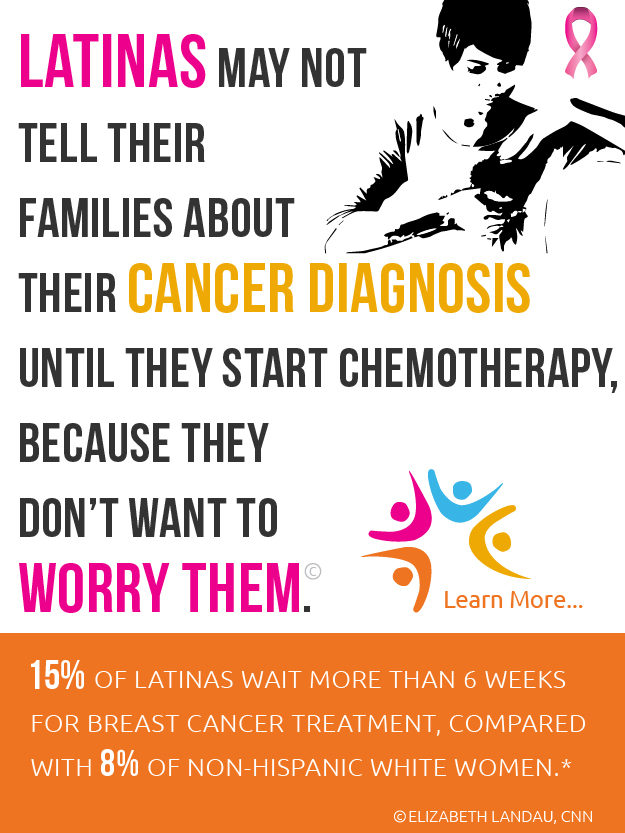
5 Things That Up Your Risk for Autoimmune Diseases
12/11/2018 06:00AM | 5969 viewsBy Jeannette Moninger
Your immune system puts up a pretty good fight against germs and infections, but sometimes your inner warrior mistakenly starts picking on the good guys. When your own defense system mistakenly attacks healthy cells in your body, you end up with an autoimmune disease.
Close to 24 million Americans have some type of autoimmune condition, such as lupus, rheumatoid arthritis, and type 1 diabetes, to name just a few. (There are hundreds!) With no surefire test for most of them, doctors usually look at your symptoms, health history, and risk factors before attempting to make a diagnosis.
Getting it right isn’t easy. A survey from the American Autoimmune Related Diseases Association (AARDA) found that most patients see five different doctors over a span of 5 years before finally learning what’s wrong. Being aware of these key risk factors may put you one step closer to a faster diagnosis and treatment. (Heal your whole body with Rodale's 12-day liver detox for total body health.)
1.You have a family history of autoimmune problems.
Some diseases, like lupus and multiple sclerosis, tend to run in families. In other cases, having a close relative with one autoimmune disease means you’re more likely to develop a different autoimmune disease. So if your mom has Graves’ disease, for example, you might not get Graves'—but it might increase your risk of getting rheumatoid arthritis.
2.Your spouse has celiac disease.
You’re not related (we hope!), but a 2015 study found that being married to someone who has celiac disease increases your chances of developing a different autoimmune condition such as Crohn’s disease, rheumatoid arthritis, or lupus. "While spouses may not share the same genes, they are exposed to many of the same environmental factors and infections," that also play a role in the development of autoimmune issues, says Noel Rose, MD, PhD, chair of AARDA’s scientific advisory board.
3.You're a woman.
In general, autoimmune illnesses strike women 3 times more often than men, but certain ones really skew female. (Here are 4 conditions that are more painful for women than men.) For instance, women are 9 times more likely than men to get lupus and twice as likely to have rheumatoid arthritis. Since many women get their first symptoms during or following pregnancy, hormones may be to blame.
4.You have a certain ethnicity.
Women who are African-American, Latino, Asian, or Native American are up to 3 times more likely to develop lupus than their Caucasian counterparts, and they tend to develop symptoms at an earlier age.
5.You already have one autoimmune condition.
It's not fair, but the harsh truth is that if you have one autoimmune condition you're more likely to develop another. About 25% of people who suffer from an autoimmune condition actually end up having several; for example, people who have the skin condition psoriasis are more likely to also have rheumatoid arthritis, lupus, alopecia and/or scleroderma. If you're unlucky enough to suffer from three or more autoimmune disorders, it's called multiple autoimmune syndrome (MAS).











Post your Comment
Please login or sign up to comment
Comments